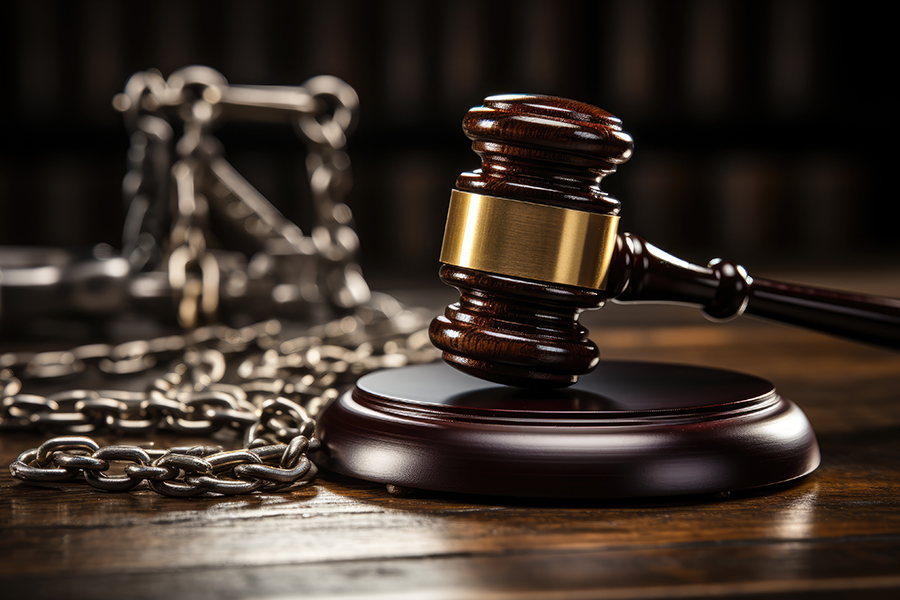February 6, 2025
17 Add-on Coverages You May Need to Supplement Your Basic Liability Policy

A Commercial General Liability (CGL) policy forms the foundation of a business’s insurance coverage by addressing basic third-party liability risks. However, businesses often face additional exposures that require specialized policies to expand upon the CGL’s protections.
Here’s a breakdown of key policies businesses might consider to create a comprehensive risk management strategy:
- Property Insurance
- Covers damage to or loss of the business’s physical assets, such as buildings, equipment, and inventory, due to risks like fire, theft, or vandalism.
- Optional Enhancements: Business interruption insurance can provide financial protection for lost income during a covered shutdown.
- Business Owner’s Policy (BOP)
- Combines CGL, property insurance, and business interruption insurance into one package. BOPs are tailored for small to medium-sized businesses.
- Professional Liability Insurance (Errors & Omissions)
- Covers claims arising from professional negligence or mistakes, especially for service providers like consultants, lawyers, or accountants.
- Addresses gaps not covered by CGL policies, which exclude professional services.
- Workers’ Compensation Insurance
- Required by law in most states, it covers medical expenses, lost wages, and rehabilitation costs for employees injured on the job.
- Also protects the employer from lawsuits by injured employees.
- Commercial Auto Insurance
- Provides liability and physical damage coverage for vehicles used in business operations.
- Cyber Liability Insurance
- Covers financial losses and legal expenses from data breaches, cyberattacks, or other technology-related risks.
- Directors and Officers (D&O) Insurance
- Protects executives and board members from personal liability for decisions made while managing the company.
- Employment Practices Liability Insurance (EPLI)
- Covers claims related to wrongful termination, harassment, discrimination, or other workplace-related issues.
- Umbrella or Excess Liability Insurance
- Provides additional liability coverage above the limits of primary policies, including CGL, auto liability, or employer liability.
- Pollution Liability Insurance
- Covers liability for environmental damage caused by pollutants released during business operations.
- Inland Marine Insurance
- Protects property that is transported or stored offsite, such as tools, equipment, or inventory in transit.
- Product Liability Insurance
- Focuses specifically on liability arising from defective products that cause injury or property damage.
- Crime Insurance
- Covers losses due to theft, embezzlement, forgery, or fraud by employees or third parties.
- Key Person Insurance
- Provides financial support to the business in the event of the death or disability of a critical employee or executive.
- Builder’s Risk Insurance
- Covers property and materials during construction or renovation projects.
- Business Travel Accident Insurance
- Protects employees traveling on company business against accidents and health emergencies.
- Specialized Policies
- Liquor Liability Insurance: For businesses that serve alcohol, covering liability from alcohol-related incidents.
- Event Insurance: Covers risks associated with hosting special events.
- Media Liability Insurance: For businesses in advertising or publishing, covering risks like copyright infringement or defamation.
Conclusion
The choice of additional insurance policies depends on the specific risks associated with a business’s industry, operations, and growth plans. Consulting with an experienced insurance agent or broker can help tailor a comprehensive coverage package.
